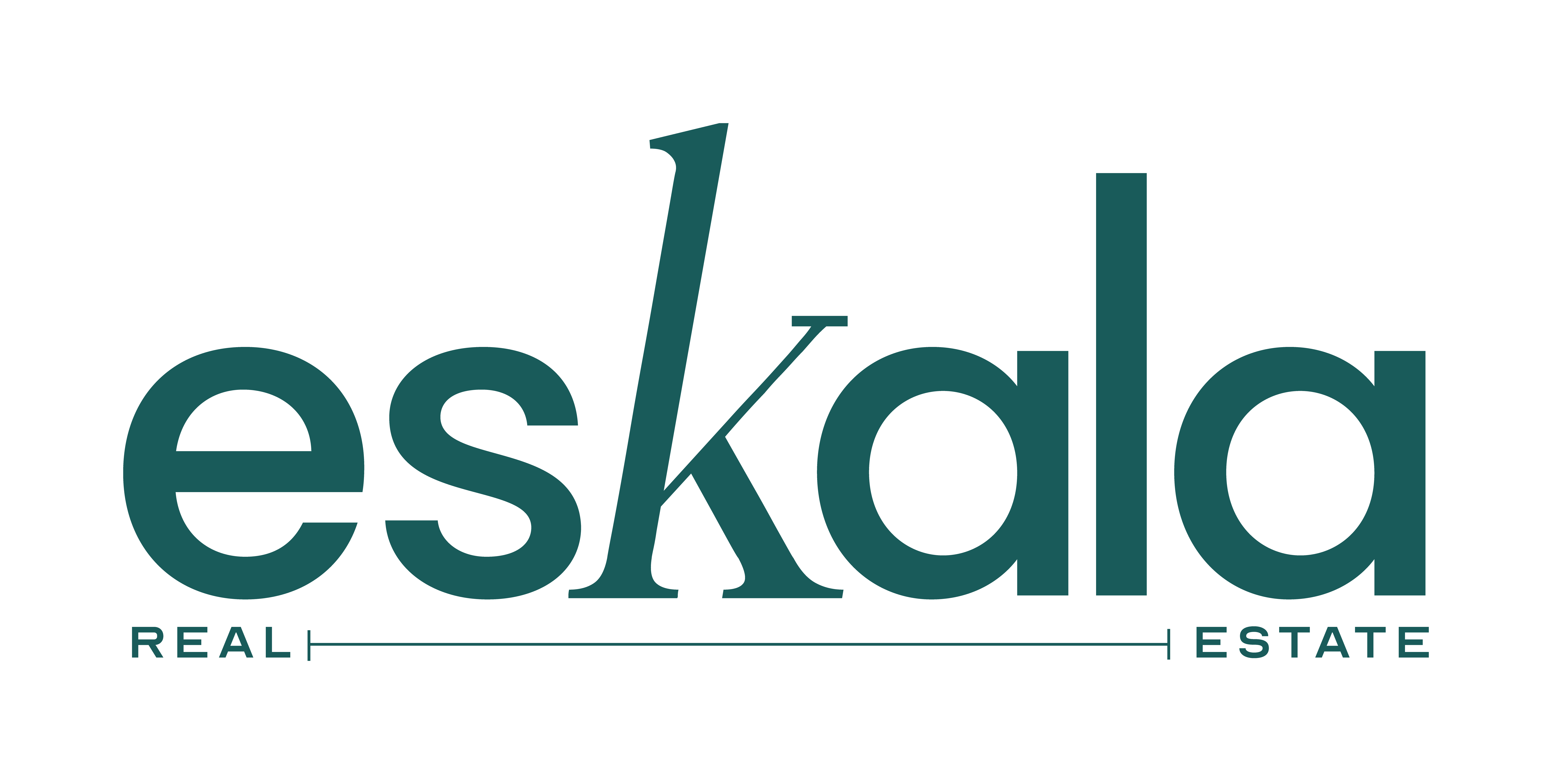Boasting vibrant culture, crystal-clear beaches, and a booming tourism industry, this Caribbean gem has become one of the most desirable spots for real estate investment. It’s no wonder international buyers are increasingly looking to purchase vacation homes, second residences, or long-term properties here. Before making a move, here are the essential facts every foreign buyer should know.
Full Ownership—No Residency Required
Foreigners enjoy the same property rights as Dominican citizens. There are no restrictions on foreign ownership, meaning you can hold the title in your name or through a corporation (SRL). Better yet, there's no requirement to be a resident or citizen to purchase property here.
Explore the Best Locations
Each region offers a unique lifestyle and investment opportunities:
Punta Cana / Bávaro – High demand, excellent for vacation rentals.
Las Terrenas / Samaná – Boutique luxury, eco-conscious buyers.
Sosúa / Cabarete – Affordable beachfront with solid rental returns.
Santo Domingo – Urban appeal with long-term growth potential.
Miches & Pedernales – Rising stars for early investors.
“Eskala Real Estate specializes in helping you select the right area based on your goals.”
Navigating a foreign real estate market requires trusted local professionals:
Licensed Real Estate Agent – Preferably a member of AEI (Asociación de Empresas Inmobiliarias).
Independent Real Estate Lawyer – Conducts due diligence, verifies title, and drafts contracts.
Notary Public – Oversees legal document authentication and deed transfer.
The Buying Process in the DR:
Promise of Sale ("Promesa de Venta") – Signed with a 10% deposit.
Due Diligence – Your attorney verifies title, liens, and property boundaries.
Final Sale Contract – Signed and notarized after legal checks.
Registry & Title Transfer – Registered with the Title Registry Office; may take several months.
Costs & Taxes to Budget For
When purchasing property in the Dominican Republic, foreign buyers should budget for several standard expenses. A 3% transfer tax is applied based on the property's assessed value, and legal fees typically range between 1% and 1.5% of the property's price. Notary and registry fees are generally around 0.5% combined. Additionally, there is an annual property tax (IPI) of 1% for properties assessed above RD$9 million. Altogether, closing costs usually fall between 5% and 8% of the total purchase price. It's worth noting that properties qualifying under the CONFOTUR law may receive generous exemptions from both the transfer and annual property taxes for up to 15 years.
Financing Options:
Most foreign buyers purchase in cash or through developer/private financing. Bank loans are available but often require:
20%–40% down payment
Interest rates from 8% to 14%
Documentation, including proof of income, tax returns, and bank statements
Common Pitfalls to Avoid:
Unlicensed agents – Work with established professionals like Eskala.
Pre-construction delays – Vet developer track records carefully.
Lack of escrow laws – Use secure, traceable payment methods.
Title issues – Ensure your attorney performs full due diligence.
Why Invest Now?
Record-breaking tourism: Over 11 million visitors in 2024
Strong rental yields: 6%–12% in top regions
High appreciation potential in developing areas
Investor-friendly laws with tax incentives (CONFOTUR)
Investing in Dominican real estate offers a tremendous opportunity—but only if done right. With our local expertise, legal insight, and client-first approach, Eskala Real Estate is here to guide you every step of the way.

